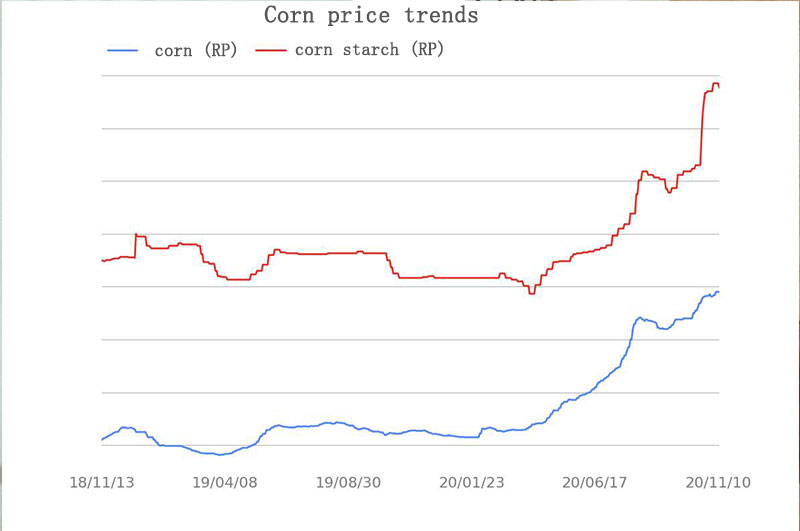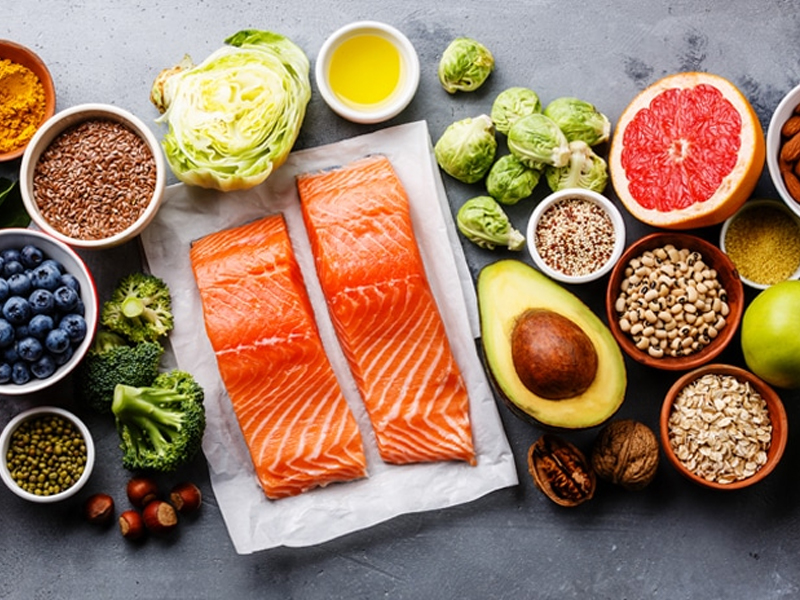Dextrose and sugar are often used interchangeably, but are they truly the same? As organic dextrose powder gains traction in fitness and keto communities, confusion swirls around its role compared to table sugar. Let’s dissolve the myths, compare their pros and cons, and reveal why organic dextrose is a game-changer for specific health goals.
Dextrose vs. Sugar: Key Differences
| Factor | Organic Dextrose Powder | Table Sugar (Sucrose) |
|---|---|---|
| Chemical Structure | Simple sugar (glucose) | Disaccharide (glucose + fructose) |
| Glycemic Index (GI) | High (100) | Moderate (65) |
| Digestion Speed | Immediate energy (no breakdown) | Slower (requires enzyme splitting) |
| Calories per Gram | 4 (same as sugar) | 4 |
| Natural Source | Corn, cassava, or grapes | Sugarcane, beets |
Is Dextrose “Just Another Sugar”?
- Yes and No: Dextrose is 100% glucose—a fundamental energy source for cells. Table sugar (sucrose) is 50% glucose + 50% fructose, which metabolizes differently.
- Why It Matters: Fructose in sugar taxes the liver and contributes to fatty liver disease, while dextrose skips this risk.
When to Choose Organic Dextrose Powder
- Rapid Energy Needs
- Athletes use dextrose during workouts for instant glycogen replenishment (no fructose crash).
- Pro Tip: Mix 15g organic dextrose with electrolytes for a homemade energy gel.
- Medical Uses
- Hospitals administer dextrose IVs to treat hypoglycemia or dehydration.
- Keto-Friendly Baking
- Unlike sucrose, dextrose has no fructose, making it compatible with low-fructose diets.
- Fermentation & Food Science
- Preferred in brewing, cheese-making, and gluten-free baking for its pure glucose content.
Why “Organic” Matters for Dextrose
Conventional dextrose is often derived from GMO corn treated with glyphosate. Certified organic dextrose powder ensures:
✅ Non-GMO sources (organic cassava or grapes)
✅ No synthetic pesticides or chemical residues
✅ Sustainable processing (closed-loop water systems, renewable energy)
Who Should Avoid Dextrose?
- Diabetics: Spikes blood sugar rapidly—monitor carefully if used.
- Low-Carb/Keto Diets: Only use strategically around workouts to stay in ketosis.
- Fructose Malabsorbers: Safe for them (unlike sucrose), but consult a nutritionist.
How to Use Organic Dextrose Safely
- Post-Workout Recovery: 20g dextrose + 40g whey protein within 30 mins of training.
- Hypoglycemia First Aid: Dissolve 10g in water for quick blood sugar lift.
- Baking Substitute: Replace 50% sugar with dextrose for softer textures.
Dextrose vs. Other Sweeteners
| Sweetener | Glycemic Index | Fructose Content | Best For |
|---|---|---|---|
| Dextrose | 100 | 0% | Energy boosts, medical use |
| Table Sugar | 65 | 50% | General baking |
| Honey | 58 | 40% | Natural sweeteners |
| Agave Syrup | 15 | 85% | Low-GI needs (but high fructose) |
FAQs
Q: Can dextrose replace sugar in coffee?
A: Yes, but it’s less sweet (use 1.2x more for same sweetness).
Q: Is organic dextrose vegan?
A: Yes—like all sugars, it feeds oral bacteria. Practice good dental hygiene.
Q: Does it cause tooth decay?
A: Yes—like all sugars, it feeds oral bacteria. Practice good dental hygiene.
Q: Shelf life?
A: Indefinite in dry environments (non-hygroscopic).
Ready to Fuel Smarter?
Organic dextrose powder isn’t just “another sugar”—it’s a precision tool for athletes, bakers, and health-conscious folks. Whether you’re powering through a workout, perfecting a recipe, or managing a medical need, choose organic for purity and performance.
Sweeten your life with science, not compromise.

